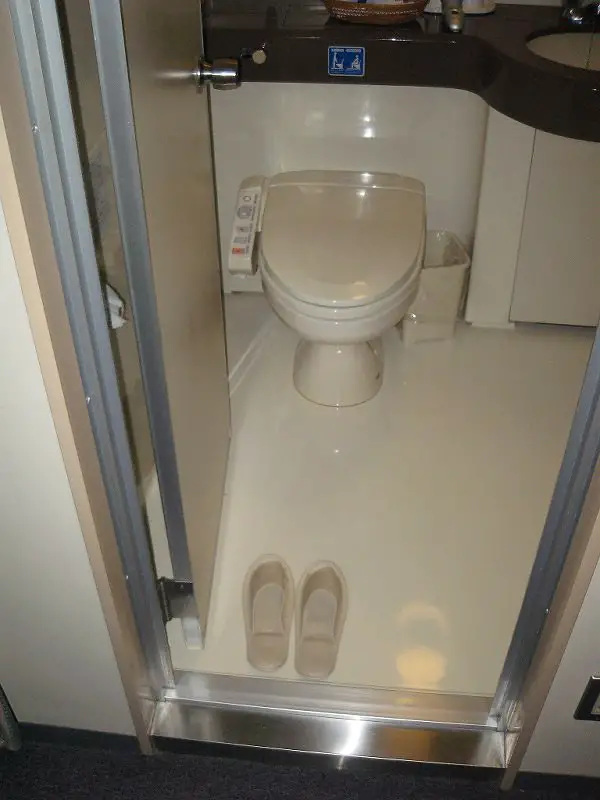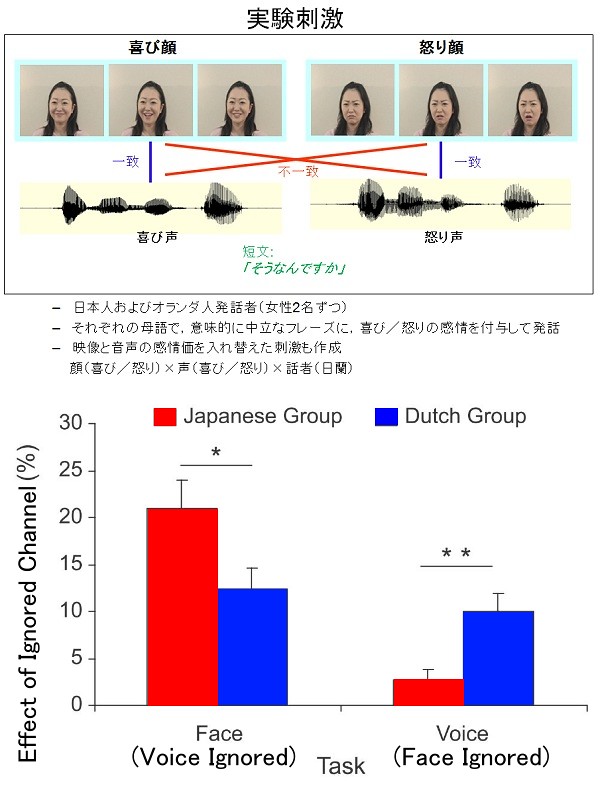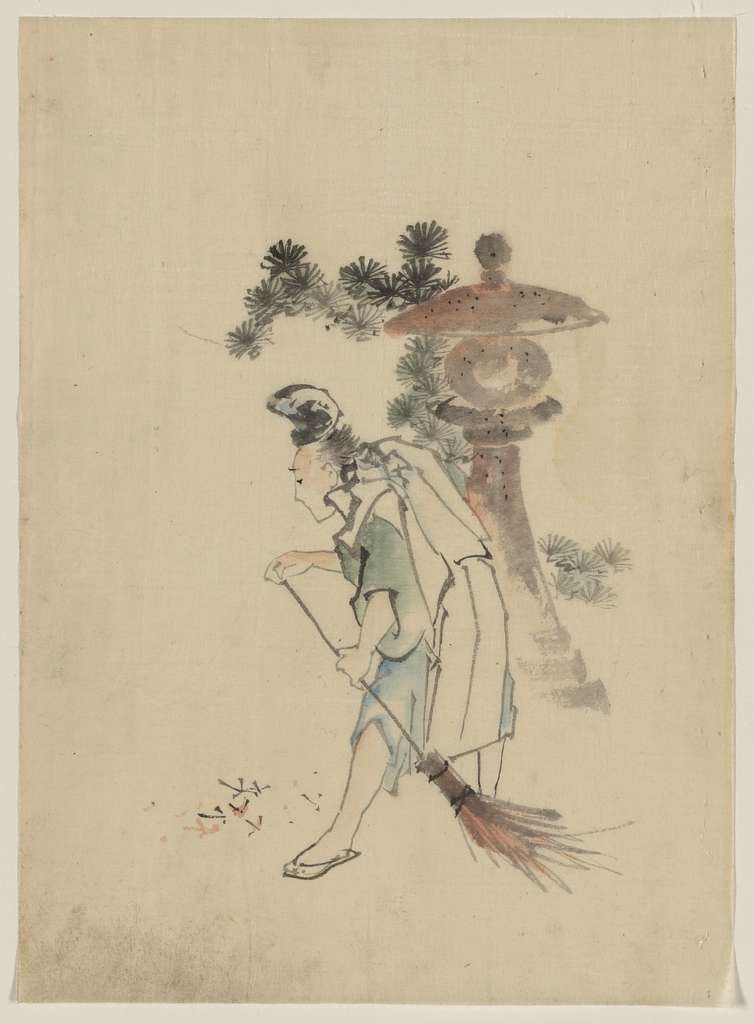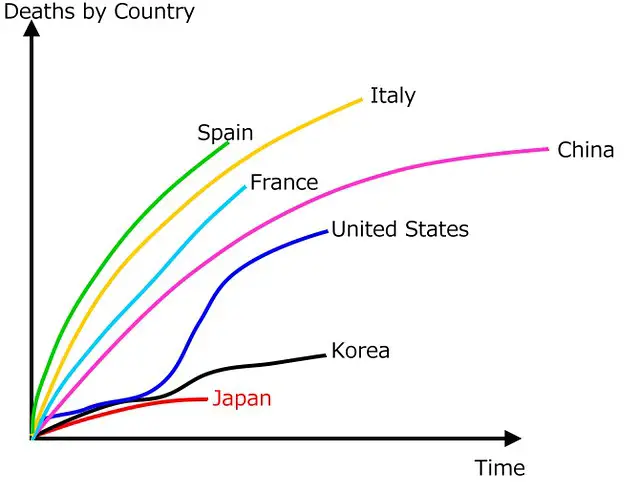Do Japanese shower daily?
This article explores the history and modern bathing habits of the Japanese, why they take daily showers, what a traditional Japanese bath is, and the benefits of taking a daily shower in Japan. It discusses misconceptions about Japanese bathing habits and provides resources for further reading. Most people in Japan take a daily shower as it is seen as an important part of personal hygiene and cleanliness. Additionally, regular showers can help keep skin healthy, reduce stress levels, improve sleep quality, boost immunity levels, etc. Traditional baths such as onsen or sento are also popular and offer numerous physical health benefits when taken regularly.









